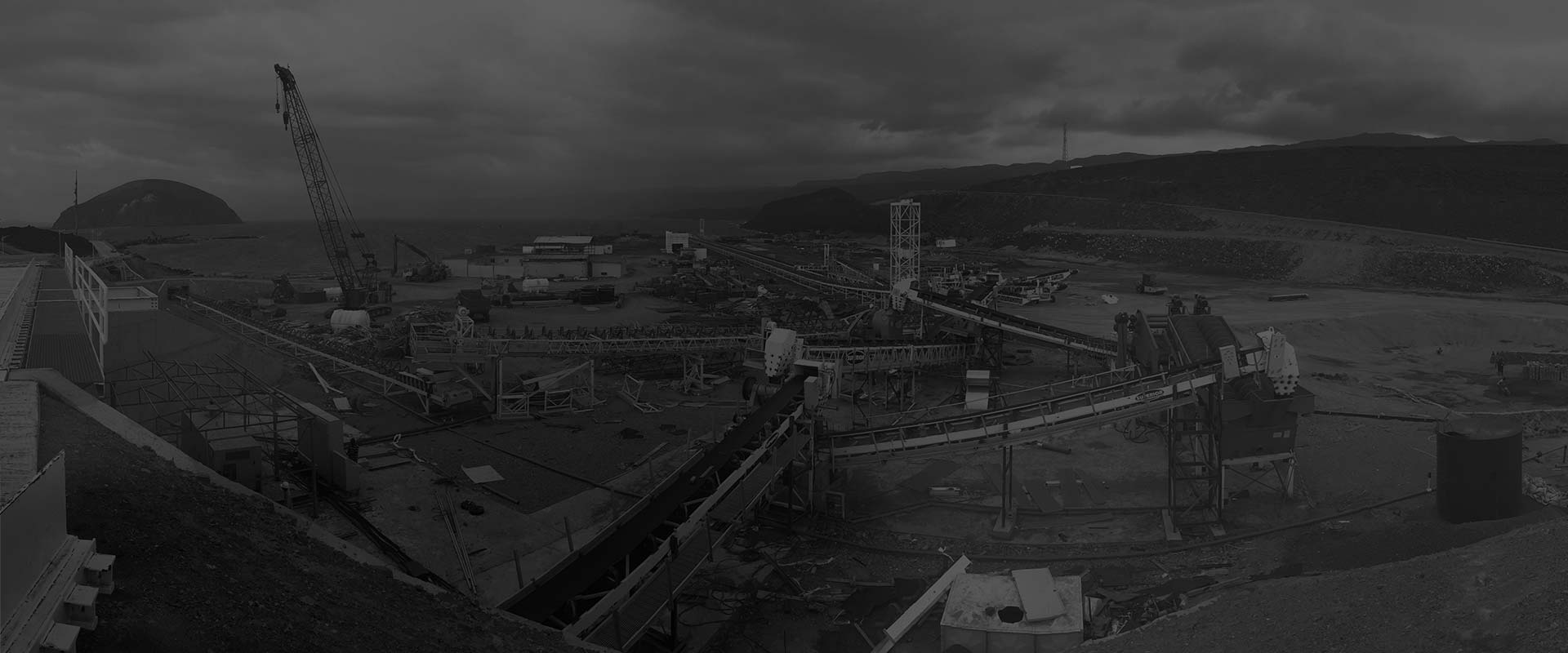0086-379-64087240
CIC has its own installation and commissioning team, which avoids the trouble incurred by the equipment production line-owner finding the installation and commissioning engineering team by themselves. No matter where you are in the world, we will go to the site to provide ball mill installation and kiln installation for you. In addition, because our equipment is designed, manufactured, installed and debugged as a whole, we are most familiar with our own equipment and the whole installation and debugging process, which can greatly improve the ball mill installation and kiln installation efficiency, ensure the ball mill installation and kiln installation quality and let customers worry-free in the whole process.
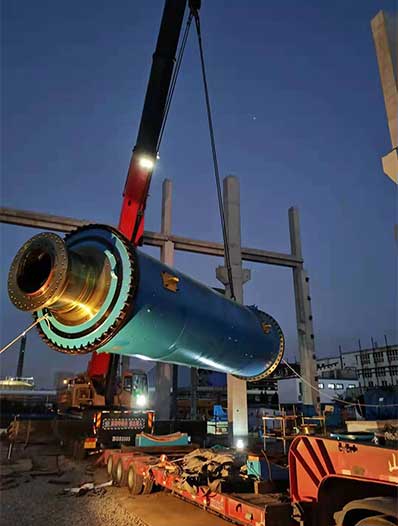
Take the ball mill machine as an example, the installation and commissioning requirements of the ball mill equipment are very strict, and the ball mill installation needs to be carried out in strict accordance with the drawings and requirements of the ball mill equipment manufacturer. Once problems occur in individual places, it will form a chain reaction problem to the whole ball mill production line, such as causing the ball mill product size can not meet the requirements, or even reducing the metal recovery rate. If in order to reduce the ball mill installation cost and choose the general ball mill equipment installation engineering team, the latter is likely to have irreversible problems with the equipment. Therefore, the selection of an ball mill installation team with formal qualifications and rich ball mill installation experience is the key to ensuring the stable operation of the ball mill and realizing efficient production.
The installation procedure of a ball mill involves several key steps that need to be considered. This article will outline the typical process of installing a ball mill, including preparation, layout, and site preparation; assembly and installation; and commissioning.
1. Preparation, Layout, and Site Preparation:
Before starting the installation of a ball mill, proper preparation, layout, and site preparation are crucial to ensure a smooth and efficient process. This includes identifying the suitable location for the mill, assessing the structural integrity of the site, and ensuring sufficient space for the mill and associated equipment. The foundation design should also be prepared, considering factors such as load-bearing capacity, stability, and uniformity.
2. Assembly and Installation:
Once the site is prepared, the assembly and installation of the ball mill can begin. This involves the following key steps:
a. The first step is to ensure that all components and parts necessary for the ball mill are available and in good condition. This includes the mill shell, trunnion bearings, gears, liners, drive system, and motor.
b. The assembly of the mill begins with the installation of the trunnion bearings. These bearings support the mill's rotating drum and allow it to rotate smoothly. The trunnion bearings should be properly aligned and securely mounted to ensure proper functioning.
c. The next step is the installation of the mill shell. This involves carefully positioning and aligning the shell with the trunnion bearings. The shell is typically lifted into place using cranes or a suitable lifting device.
d. Once the shell is in place, the installation of the drive system, gears, and motor can proceed. This involves connecting and aligning the various components, ensuring proper fit and function.
e. After the mechanical installation is complete, the electrical wiring and control systems should be installed. This includes connecting the motor to the electrical supply and integrating the control panels and instrumentation.
3. Commissioning:
Once the ball mill installation is completed, the commissioning phase begins. This involves a series of tests and checks to ensure that the mill is operating properly and efficiently. The commissioning process typically includes:
a. Running a trial operation to ensure proper functioning of the mill and associated equipment.
b. Checking for any leaks, vibrations, or abnormalities in the mill's operation.
c. Conducting performance tests to determine the mill's capacity, power consumption, and product quality.
d. Fine-tuning the mill's operating parameters, such as the speed and load, to optimize its performance.
e. Conducting safety checks to ensure compliance with safety standards and regulations.
Overall, the installation procedure of a ball mill should be carried out carefully and systematically to ensure a successful and reliable operation. Proper preparation, layout, and site preparation are essential, followed by the careful assembly and installation of all components. Commissioning tests and checks should be conducted to ensure proper functioning and performance. By following these steps, a ball mill can be installed and commissioned effectively for various grinding applications.
The installation procedure of a kiln involves several important steps that need to be followed to ensure a safe and successful installation. This article will outline the typical process of installing a kiln, including preparation, foundation construction, kiln assembly, and commissioning.
1. Preparation:
The first step in kiln installation is proper preparation. This involves selecting the location for the kiln, ensuring sufficient space, and obtaining any necessary permits or approvals. The selected site should have a solid and level ground with adequate drainage to support the weight of the kiln. Any existing obstructions or potential hazards should be cleared from the area.
2. Foundation Construction:
A stable and robust foundation is essential for the proper functioning of the kiln. The foundation should be designed and constructed to withstand the weight of the kiln, as well as any dynamic forces or vibrations that may occur during operation. The design of the foundation may vary depending on the type and size of the kiln. It is important to follow the manufacturer's guidelines and recommendations for foundation construction.
3. Kiln Assembly:
Once the foundation is ready, the kiln assembly can begin. This involves the following key steps:
a. Preparing the kiln components: Ensure that all necessary kiln components, such as the shell, riding rings, support rollers, and gear systems, are available and in good condition.
b. Positioning the kiln shell: Carefully position and align the kiln shell on the foundation. This may require the use of cranes or other lifting equipment.
c. Mounting the support rollers: Install the support rollers on the foundation, ensuring proper alignment and support for the kiln shell.
d. Installing the riding rings and gear systems: Mount the riding rings and gear systems, ensuring proper alignment and meshing of the gears. This is important for the smooth rotation of the kiln.
e. Connecting the kiln drive system: Install the motor and other components of the kiln drive system, ensuring proper alignment and connection.
4. Commissioning:
Once the kiln assembly is complete, the commissioning phase begins. This involves a series of tests and checks to ensure that the kiln is operating properly and efficiently. The commissioning process typically includes:
a. Testing the kiln's mechanical components: Check the alignment of the kiln shell and support rollers, ensure proper rotation, and inspect for any abnormal vibrations or noises.
b. Conducting temperature checks: Monitor and adjust the temperature distribution along the length of the kiln to ensure uniform heating.
c. Fine-tuning the operating parameters: Adjust speed, fuel supply, and other parameters to optimize the kiln's performance and energy efficiency.
d. Testing safety systems: Ensure that all safety systems, such as emergency shutdown mechanisms and exhaust systems, are functioning properly.
e. Conducting performance tests: Measure and evaluate the kiln's capacity, fuel consumption, and product quality.
By following these steps, a kiln can be installed and commissioned successfully for various industrial applications. It is important to consult the manufacturer's guidelines and recommendations throughout the entire installation process to ensure proper alignment, operation, and safety.
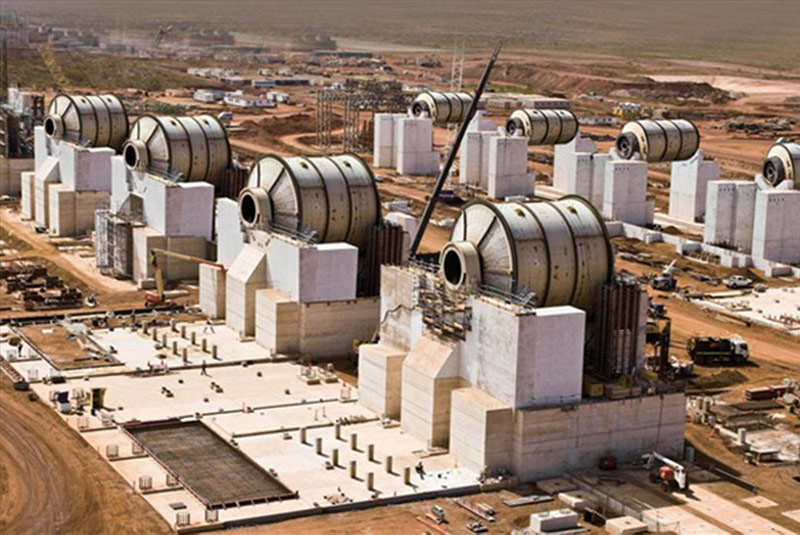
This is the Ball Mill Installation Site of Φ 5 × 8m Autogenous Mill and Φ 4.9 × 10.6m Overflow Ball Mill Produced for Sino Iron Ore in Australia
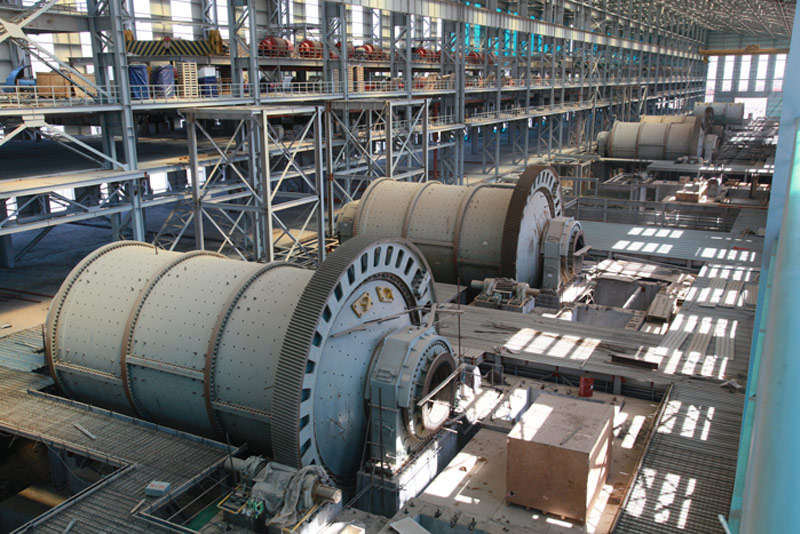
Ball Mill Installation Site of Φ 5.32 × 10.50m and Φ 6.32 × 8.28m Overflow Ball Mill in Tisco Group
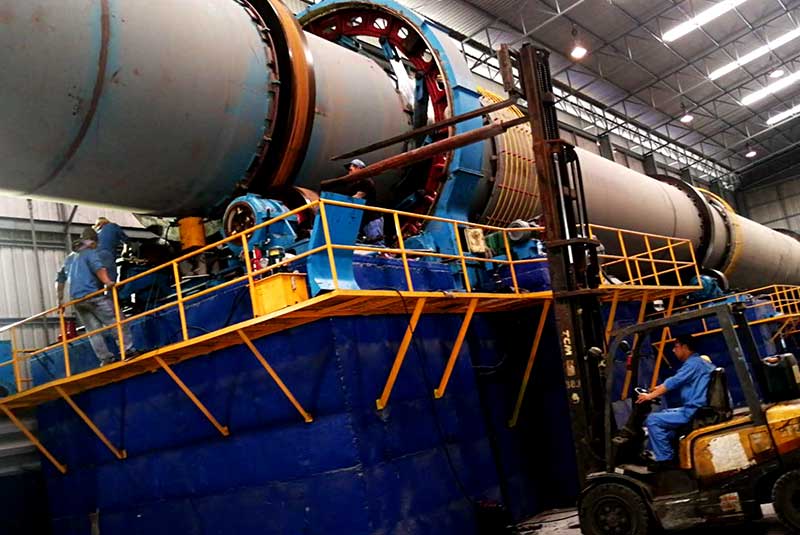
Kiln Installation Site of 3x50m Rotary Kiln for Thailand
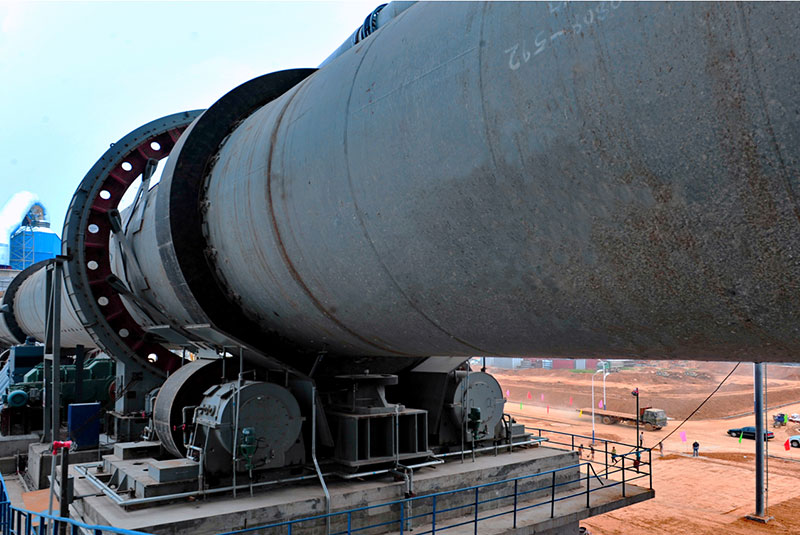
Kiln Installation and Commissioning Site of Rotary Kiln

Installation and Commissioning Site of Rotary Dryer
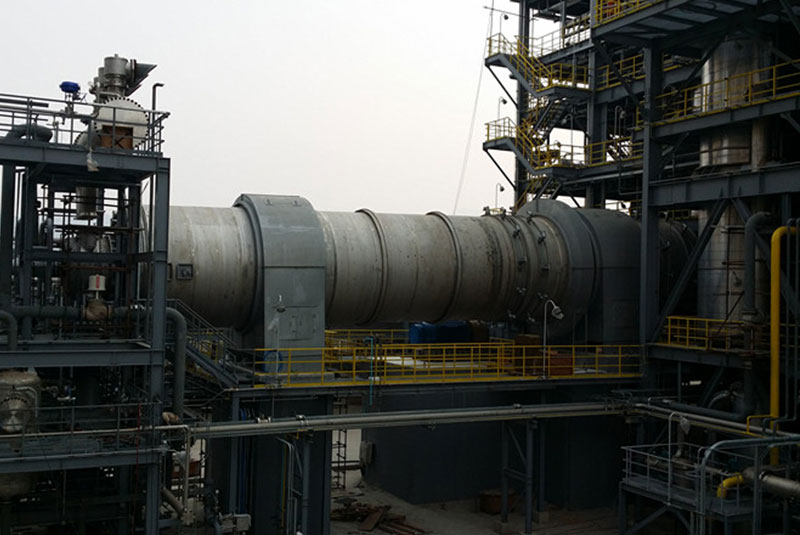
Installation and Commissioning Site of Rotary Dryer
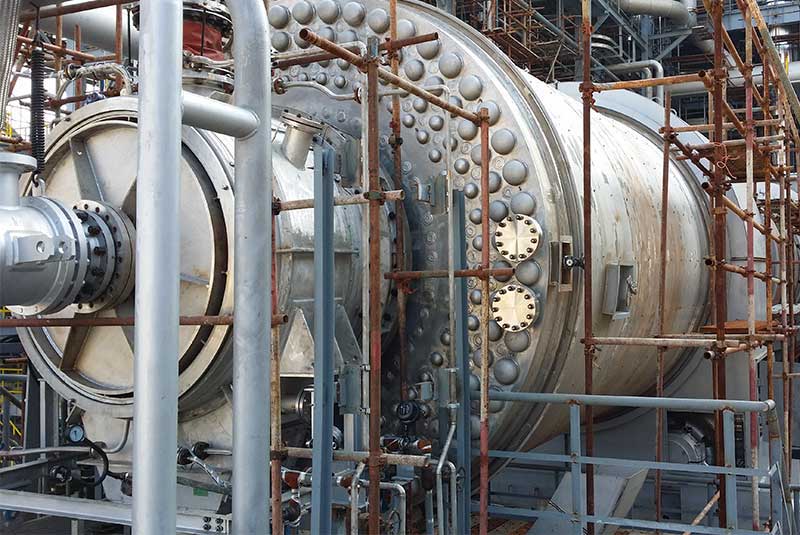
Environmental Protection Project Equipment Installation and Commission
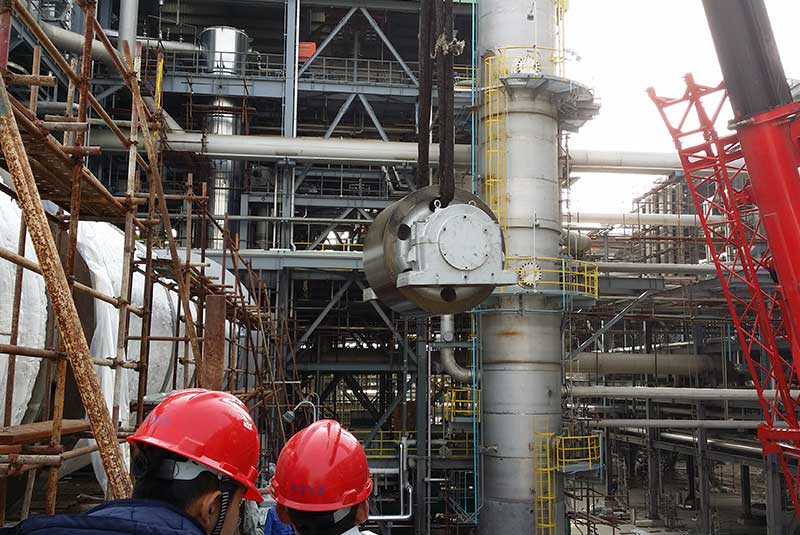
Environmental Protection Project Equipment Installation and Commission
CIC has a highly qualified after-sales ball mill installation and kiln installation team that can travel to any country for the on-site installation of equipment. We are particularly experienced in the installation of mill grinding machines. Whether you need the ball mill installation and kiln installation service for a complete mill or the replacement of spare parts, we can provide you with a one-stop professional ball mill installation and kiln installation service.
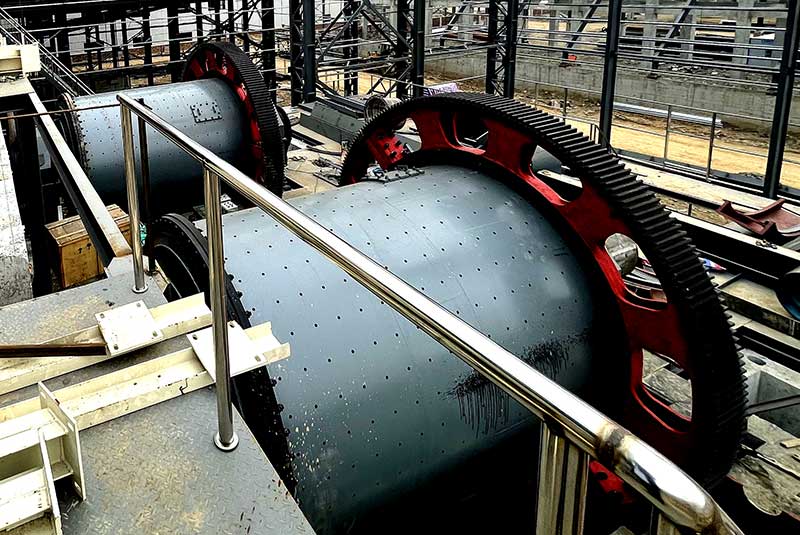
Φ3.8x5.0m Rod Mill Installation Site
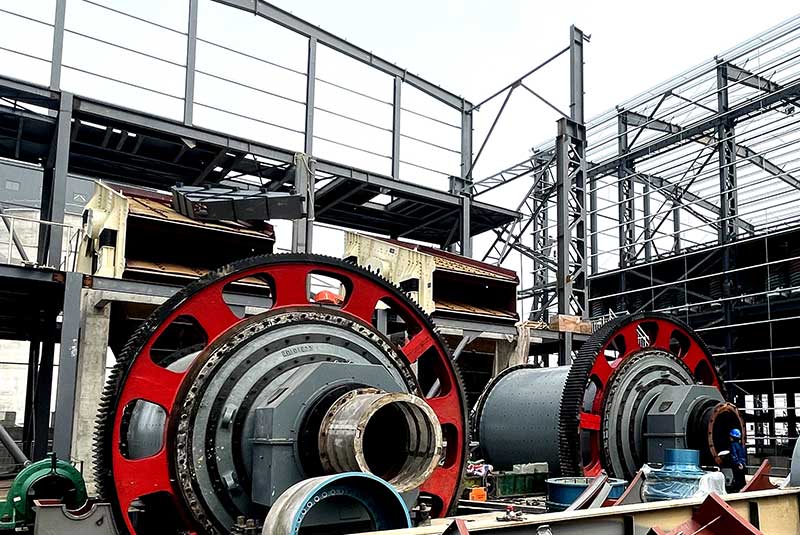
Φ3.8x5.0m Rod Mill Installation Site
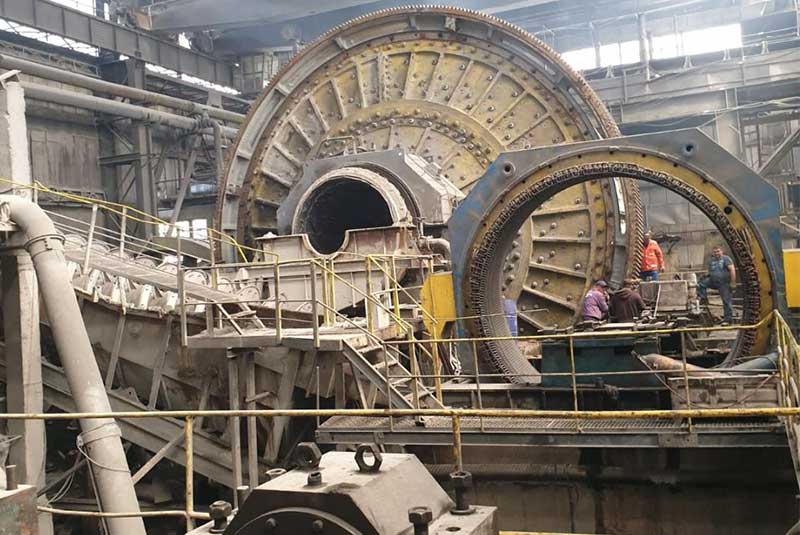
Commissioning Site of SAG Mill in Romania
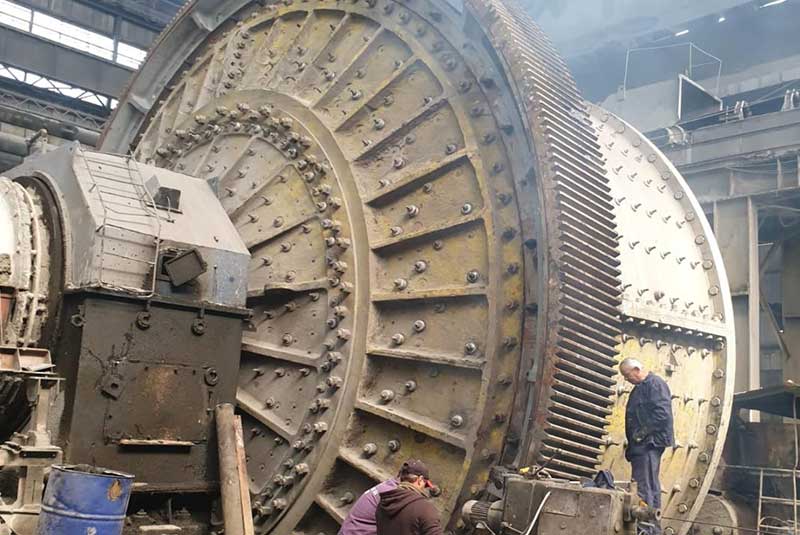
Commissioning Site of SAG Mill in Romania
CIC successfully completed the task of ball mill installation and kiln installation and commission of semi autogenous grinding mill which had exported to Russia in 2020. The SAG mill is the first large mill independently designed and manufactured by CIC. The technical standard is high and the specification is complicated. Our ball mill installation and kiln installation team overcame the epidemic situation, went to the Russian project site, maintained the 24-hour uninterrupted connection between China and Russia, actively communicated with customers and successfully completed the ball mill installation and kiln installation and commissioning tasks in only 20 days.
Video Reference: On-site commissioning and installation of Russian mill
On-site commissioning and installation of Russian mill 2
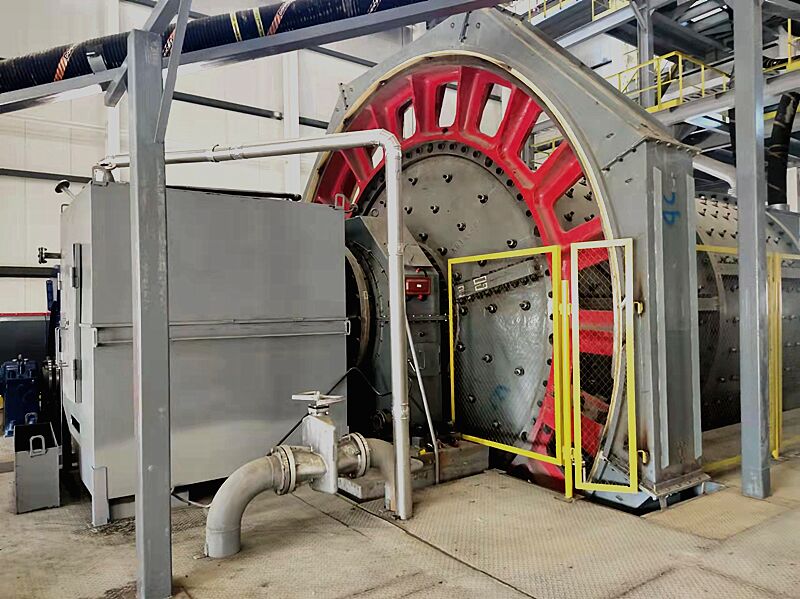
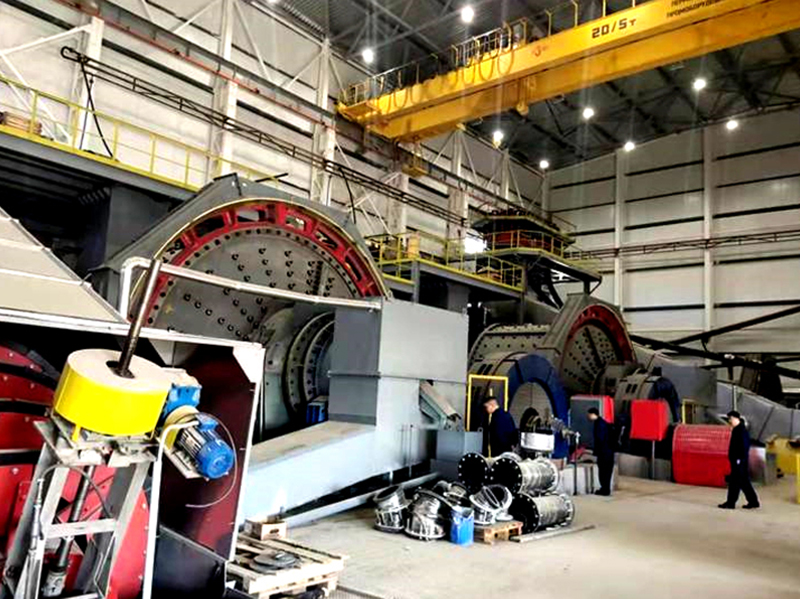
Commissioning Site of SAG Mill in Russia
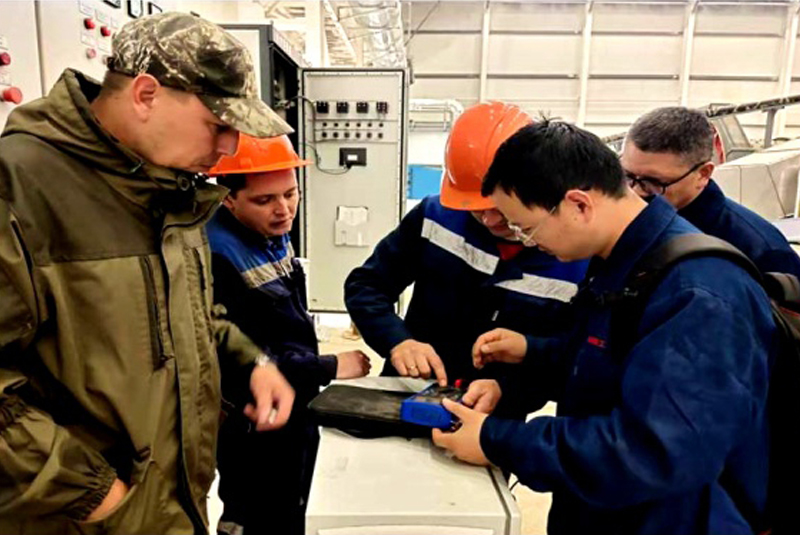
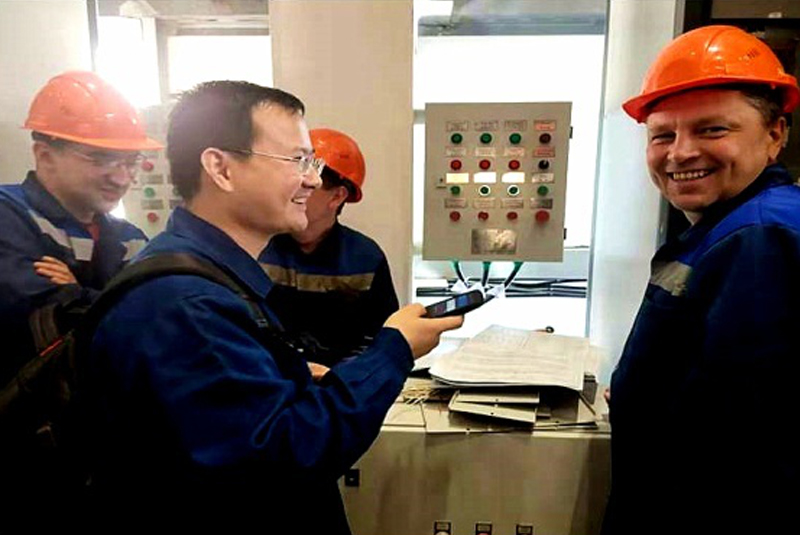
Electrical Engineer Communicated with Foreign Site Personnel for Commissioning
